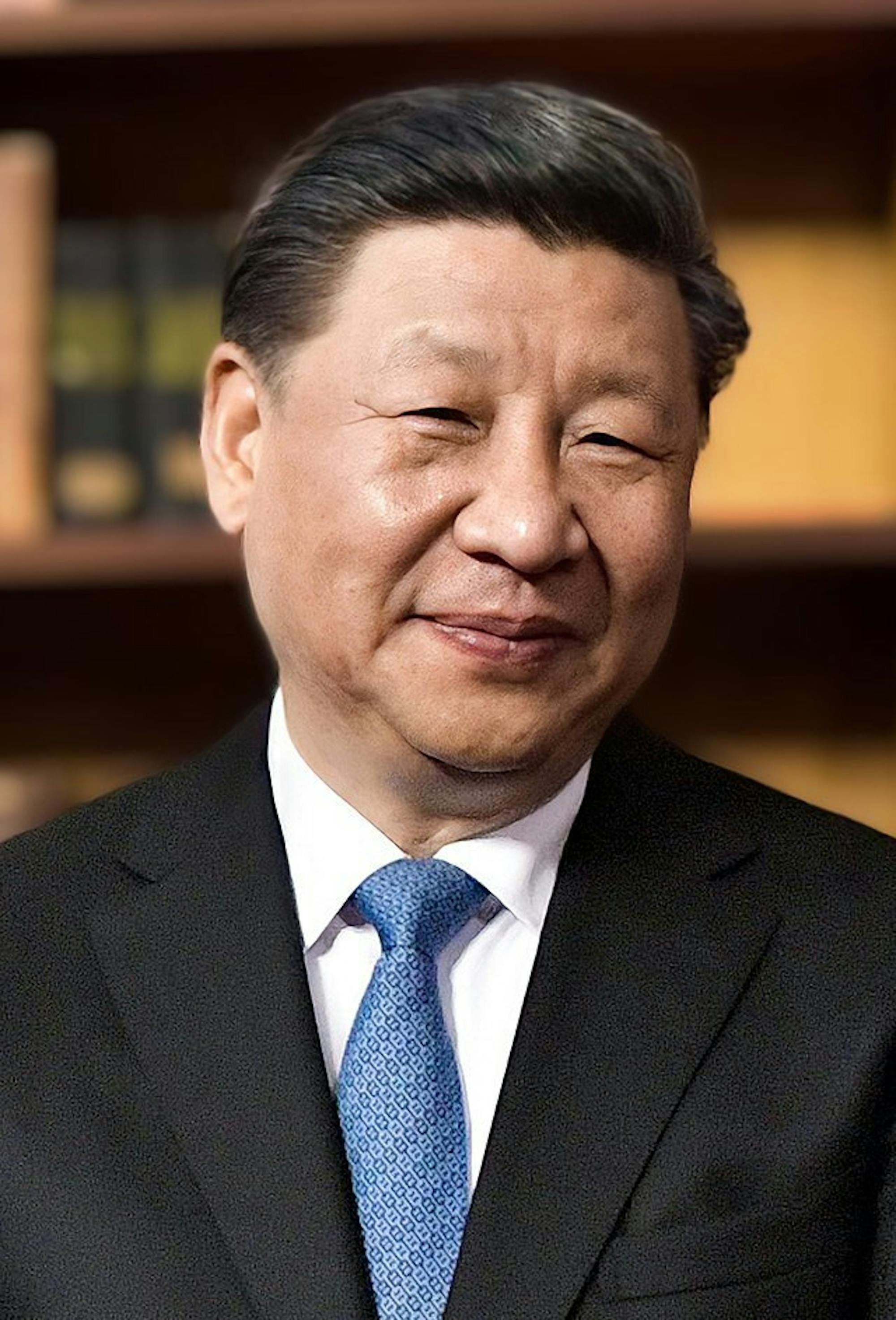Since the inception of the communist party, China has had contentious relationships with major foreign powers, and its political structure has been under the scrutiny of the international community. Academics and politicians across the world have studied China in an attempt to understand its development. Much of the analysis on China is, however, conducted through the lens of international relations and political science. The heavily theoretical nature of this approach obscures a more intimate, cultural understanding of China.
For almost its entire existence, China has been an at once fascinating and grotesque society in the eyes of the Western world. This view has resulted in Western criticism and confusion surrounding the events in China in the 19th century. In 1912, China’s dynastic structure finally collapsed. Major European countries who abolished their monarchies in the 17th and 18th centuries might find it almost archaic that China allowed its monarchy to exist into the 20th century.
Then, only 37 years after China finally eradicated its monarchic structure, the communist party consolidated its power. Of course, the West opposed China’s communist government, a stance which for many was compounded by an inability to comprehend how China’s politics had gotten to this point. By Western historical experience, it is strange and chaotic for a country to leap from monarchy to communism in less than half a century, rather than becoming capitalist.
Yet this is only bizarre if understood from a Western lens of societal development. While seemingly radically different, communism and monarchy in China actually have significant similarities, and communism in China can be interpreted as a modern continuation of monarchy. Pre-modern China operated on one ideal of the greatest importance: Confucianism. Under Confucianism, all social relations follow a rigid hierarchy. The family represents the larger society, and in the family, the father exists as the pinnacle of the hierarchy while in society, the emperor exists at the top. The emperor must be obeyed at all costs, and this is further bolstered by the notion of the “mandate of heaven,” which is a belief that emperors are appointed by the heavens and thus cannot be challenged.
Mao Zedong’s authoritarian leadership draws eerie parallels to the Confucian dynastic structure of premodern China. Mao’s reign seems to have essentially been a modern rendition of the ancient emperors. After all, both structures require power to be concentrated into the hands of one individual that exists at the top of a societal pyramid.
As a total ruler, Mao had to be obeyed unconditionally; hence his ruthless elimination of any rivals or people who simply disagreed with him went unchecked. Most notably, the Cultural Revolution exemplifies the way corruption seeped into Mao’s politics. The wanton oppression during the Cultural Revolution was done in the name of purging “bourgeois” and “rightist” elements in Chinese society, yet many of the people who were victimized by this violence were ordinary citizens with no meaningful institutional power. Mao rationalized his policies by arguing that they were striking down any threats to communism, yet it is clear that the true reason for such dogmatism was that it enabled him to oppress the Chinese people. Mao would have no reason to enforce such sweepingly dogmatic violence if it didn’t benefit the inherently Confucian desire to protect power at any cost possible, and to demand unequivocal, constant obedience and respect.
Today, Xi Jinping is also becoming an increasingly authoritarian leader, suppressing dissence mercilessly and appearing to be on track for remaining in power for life.
From Mao to Xi, Confucianism has certainly informed Chinese governance, and also legitimized it as a valid cultural practice. Of course, the Chinese people have attempted to speak up on unjust rule. However, the ability for unjust rulers to rise to power is rooted in the cultural norms of a society. Values of Confucianism and the “mandate of heaven” were instilled into the Chinese people due to its centuries-long implementation in the nation. For the Chinese, it is natural and logical for one leader to possess immense power. Communism in China is not just a political and economic system, but also a modern continuation of an ancient cultural legacy. In any political situation, culture and anthropology are extremely important to consider as they have the ability to mold a population’s psychology because they are so deeply intangible and have taken centuries to develop. They define the spiritof a nation rather than just any specific logistical circumstance.






